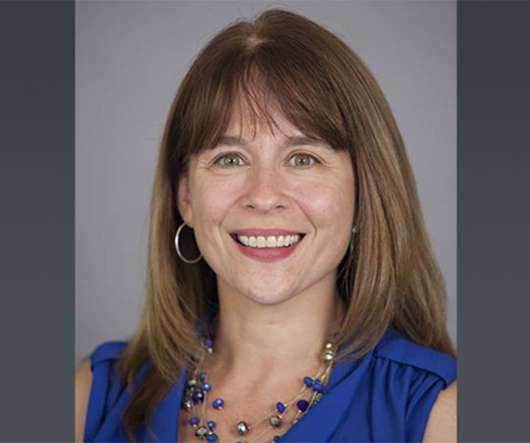Urinary Incontinence Revisited: George Kuchel & Alison Huang
GeriPal
JUNE 20, 2024
George 03:01 So I would say that as many clinical issues in older adults, we need to think about them in two ways. Incontinence and avoiding issues can present in an older individual, in some cases, just like they do a younger person. Alex 13:24 Eric is pushing on the like, the clinical, practical stuff.





















Let's personalize your content